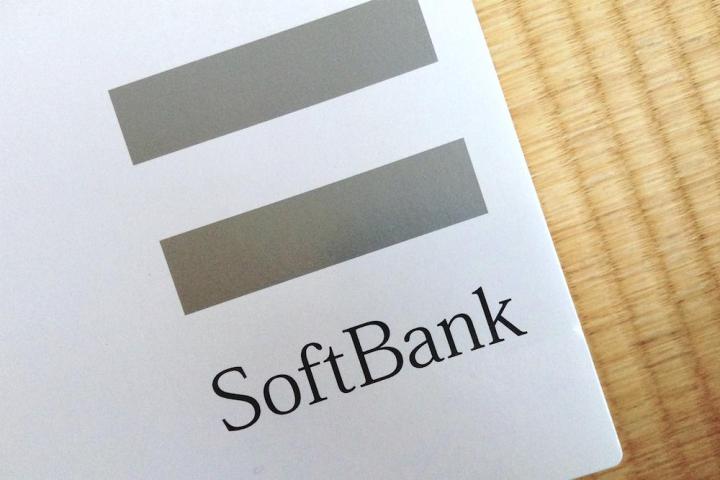
Already, the deal’s beginning to manifest in tangible ways. In later December, Sprint announced that it would repatriate 5,000 jobs in the U.S. And OneWeb, a satellite internet startup backed by Softbank, will create as many as 3,000 new jobs in the coming months.
“We are excited to work with President-elect Trump and his Administration to do our part to drive economic growth and create jobs in the U.S.,” Sprint CEO Marcelo Claure said in a statement. “We believe it is critical for business and government to partner together to create more job opportunities in the U.S. and ensure prosperity for all Americans.”
Details of the arrangement were hard to come by, and the president-elect declined to elaborate. A presentation provided to media outlets showed an additional $7 billion investment and the creation of 50,000 additional jobs, and suggested that Foxconn, the China-based manufacturer notably responsible for assembling the iPhone, could play a role.
On December 7, Foxconn said it was in talks to expand to the U.S., but said that the scope and scale of its potential U.S. investments hadn’t been determined. Foxconn has facilities in Virginia, Indiana, California, and Texas.
The Wall Street Journal notes that Son and Foxconn Chairman Terry Gou are “longtime friends” who’ve collaborated on “several investments.” Most recently, the two launched a joint venture with Alibaba to sell the Japan-based company’s Pepper home robot.
But the terms might also involve Sprint, America’s fourth-largest cellular network, which SoftBank acquired in 2012. The embattled carrier, which hasn’t posted an annual profit since 2006, had announced a plan last year to reduce the number of its employees and cut between $2 billion and $2.5 billion in costs over the next six months. Its most recent quarterly losses drove a 30 percent dive in SoftBank’s overall profits.
Or the terms could refer to T-Mobile, which has a market capitalization of just above $45 billion. SoftBank led a failed bid to purchase the self-styled “Un-carrier” in 2013 and 2014.
SoftBank has operated with reluctance in the U.S., fearing regulators — principally the Federal Communications Commission and Department of Justice — would interfere with mergers of the scale it has pursued in other countries. The company invested $20 billion in Vodafone’s Japanese division. And in September, it completed a $31 billion acquisition of ARM Holdings, the firm responsible for designing processors and licensing them to Qualcomm, Apple, and others. Last year alone, ARM’s partners shipped 15 billion ARM-designed chips, half of which were bound for mobile devices.
Son told reporters he expected a lot of “deregulation” under Trump’s administration.
“I just came to celebrate his new job. We were talking about it. Then I said I would like to celebrate his presidential job and commit, because he would do a lot of deregulation,” Son told Reuters. “I said this is great. The United States will become great again.”
According to the Wall Street Journal, SoftBank’s $50 billion investment would come from the $100 billion fund the company will establish with Saudi Arabia’s sovereign wealth fund and other partners. SoftBank expects to contribute between $25 billion and $45 billion over the next five years.
SoftBank is valued at an estimated $68 billion. Shares of the company rallied following Tuesday’s announcement, reaching their highest level in two and a half years and closing up 1.5 percent, and shares of T-Mobile rose 1.8 percent.
Article originally published on 12-07-2016. Updated on 12-30-2016 by Kyle Wiggers: Added news of Sprint jobs.

